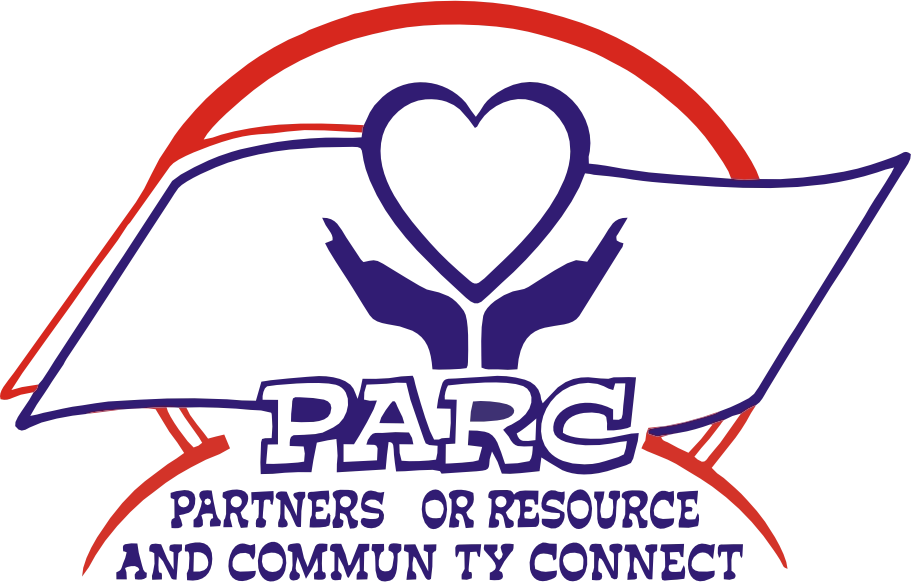PROBLEM:
Even though government schools in Uganda provide “free” education, the cost of uniforms, exam fees, school meals and scholastic materials often mean that parents cannot afford to provide “free” education for their children.
There is a huge orphan and vulnerable children (OVCs) burden in Uganda and most children are living in extreme poverty. These children lack access to basic services like education, healthcare, nutrition, and decent living environments.
Mostly, many orphaned children in Uganda live with a caring grandmother or aunt, and totally remain socially isolated and out of school, in addition to continuously experiencing poor health and hunger. In this situation, the families caring for the children need help to send their children to school and children need support to keep them engaged with school and be able to complete their education.
SOLUTION
PRAC-Uganda adopts an integrated play-based, child centered approach to development, using education as a core tool to break the cycles of poverty and family strengthening. We operates a community school (nursery and primary school) and supports other existing educational establishments (both public and private schools) working together with the local community to improve, consolidate and monitor educational opportunities.
Through our school, orphans get FREE education while other needy children pay half (subsidized) fees. To ensure school sustainability and providing education to all children, PARC-Uganda actively looks for sponsorship/ scholarships for children from families who struggle to meet basic needs including failure raise school fees.
Our school double to also provide safer space for after school tutoring (AST) classes, adult functional literacy (FAL) classes, and local hub for the community (children, parents, and teachers). The integrated educational program will help children and their families to overcome emotional burdens and strengthen their self-esteem.
We are not an ORPHANAGE!. We support vulnerable children staying within their homes or communities, and provide programs to help guardians / parents and their elder siblings earn an income to create sustainable change.
HOLISTIC APPROACH
Child protection: We work with stakeholders to ensure that orphans, vulnerable children and their families access basic essential services, and also ensure that the legal and institutional framework for child protection is strengthened at community level.
Child sponsorship: Each year, we identify new vulnerable children to join our school on fee FREE basis and/ or half fee pay basis. We keep looking for sponsors to these children, while they directly benefit using our innovative sponsorship to keep in school until we get people to pay for their education. LEARN ABOUT THIS PROJECT
After school programme: During weekends and holidays, we run academic enrichment (educational) and recreational activities for children / students to that increase their achievement. This not only helps children to improve their ability to read, write and perform better in exams, BUT also allows them to remain away from the dangers of child labour and child abuse. As resources allow, we plan to introduce computer training, coding and design / graphical skill.
Health support: We provide all children at our school with 2 nutritious meals a day. We also provide all school children with access to consultation and medicines for basic illnesses such as malaria, typhoid and bacterial infections. Children who have good health have higher attendance at school, usually perform better and stay in/ finish. LEARN ABOUT THIS PROJECT
Community involvement: Training school committees (PTA and SMC) to actively monitor the student attendance and retention levels, conduct regular parents meetings, and engaging community leaders and local authority leaders in community sensitization and integrating functional adult literacy (FAL) in school programming.
